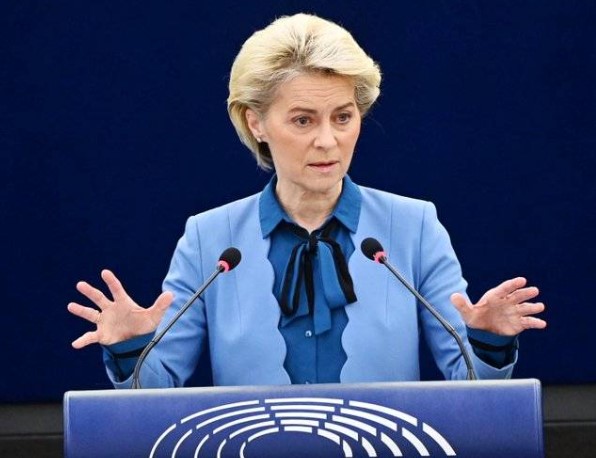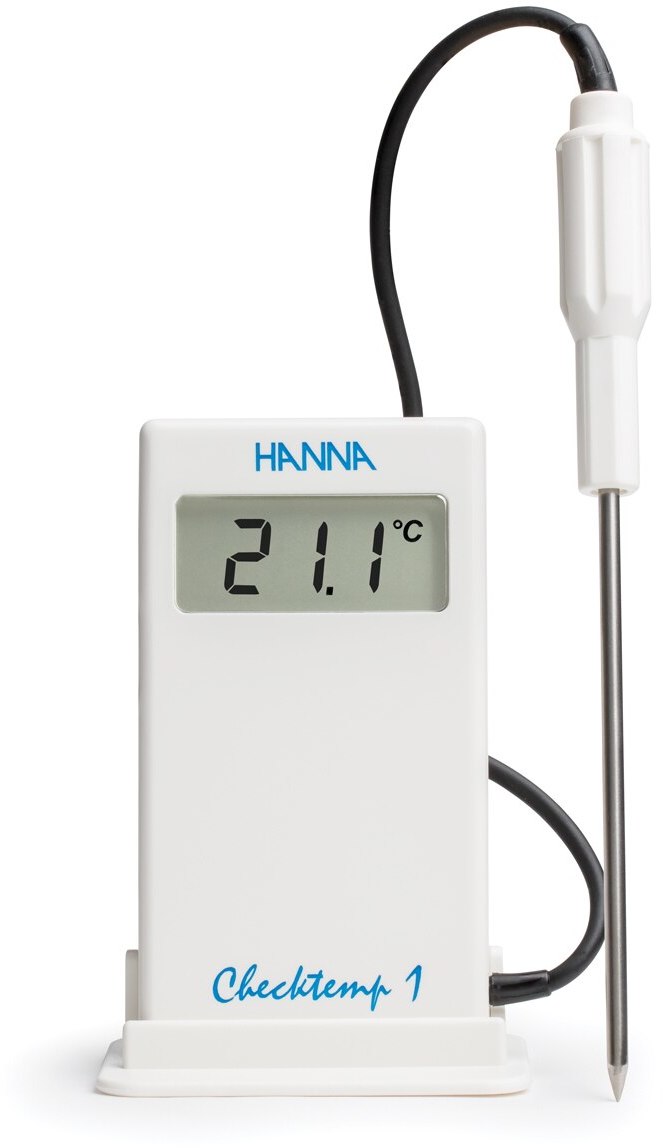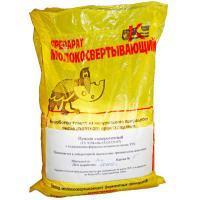Switzerland sees no reason to transfer Russian assets to Ukraine
The Swiss Ministry of Justice sees no legal basis for the transfer of frozen private Russian assets to Ukraine, according to the website of the country's government.
“Against the backdrop of international proposals to use frozen Russian assets to restore Ukraine, the Federal Council (government) turned to the Ministry of Justice for a legal clarification of the legal basis for such actions. A working group led by the Swiss Ministry of Justice came to the conclusion that the confiscation of private Russian assets is contrary to the Constitution and the existing legal order.
At the same time, Bern noted that Russia , by launching a special operation, violated international law and “in principle” is obliged to compensate for the damage. They indicated that the possibility of confiscation of foreign exchange reserves of the Russian Central Bank is being discussed at the international level, and Switzerland is following these discussions.
Credit Suisse freezes more than a third of Russian assets in Switzerland Finance
After the imposition of sanctions by Western countries (Switzerland complies with the restrictive measures of the EU), due to the military operation in Ukraine, $ 300 billion of the reserves of the Russian Central Bank, as well as the accounts and property of some Russians, including large businessmen, were frozen.
Last December, the Swiss State Secretariat for Economics (SECO) reported that 7.5 billion Swiss francs (about $7.95 billion at the time) of Russian assets had been blocked in Switzerland. In addition, 15 real estate objects that fell under the sanctions of the Russians were frozen. According to the Swiss bank Credit Suisse, in total, Russian assets worth about $50 billion have been frozen in the country.
Kiev insists that all Russian assets frozen abroad should be used to "restore" Ukraine. A similar proposal was made in November by the HEAD of the European Commission, Ursula von der Leyen, who in December proposed to combine the blocked funds of the Central Bank of Russia and the assets of “Russian oligarchs” confiscated due to sanctions into a special fund to help Ukraine. In the Kremlin, the potential seizure of Russian assets was called theft.
Read pioneerprodukt.by Housing prices are falling around the world. What does it mean for the economy "She annoyed everyone, and I fired her": how employees piss off bosses Jump into IT: three games,The transfer of Russian assets to Ukraine would be a violation of property rights, Swiss Economy Minister Guy Parmelin pointed out in January and noted that Bern had no legal basis for using Russian property to support Kiev.



























































